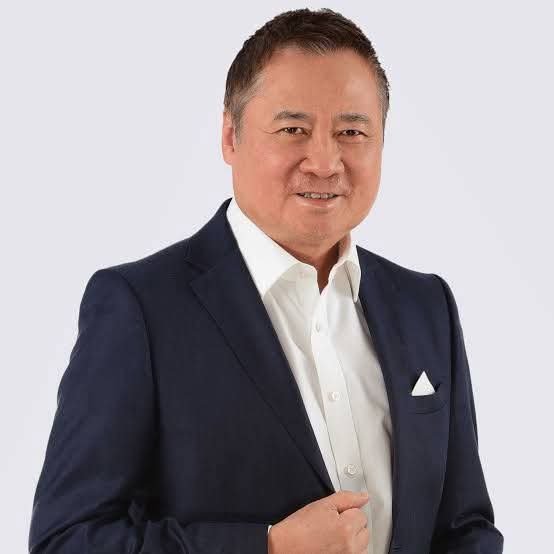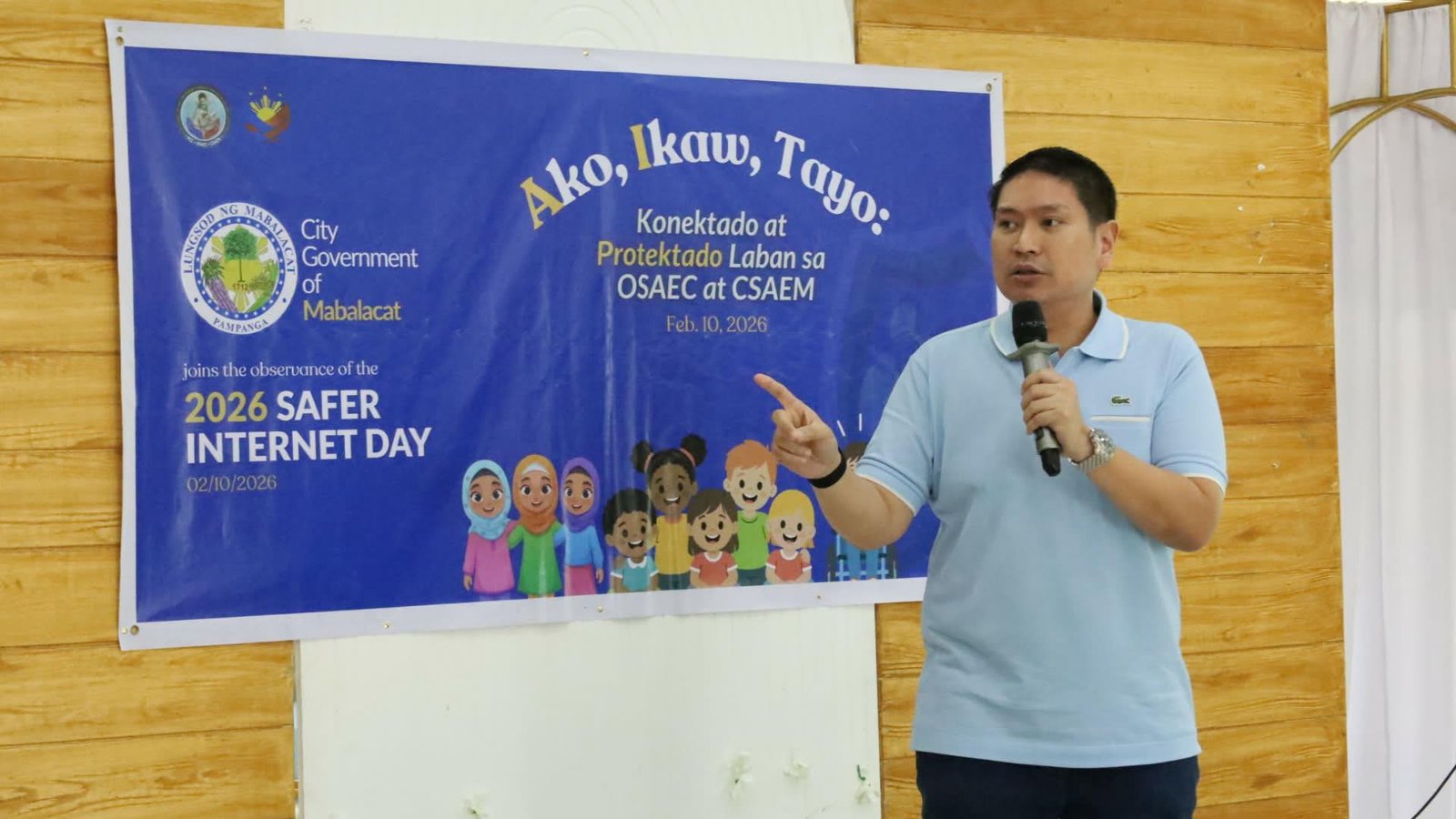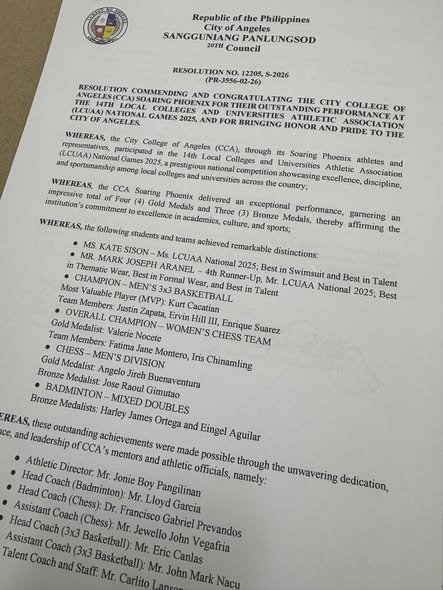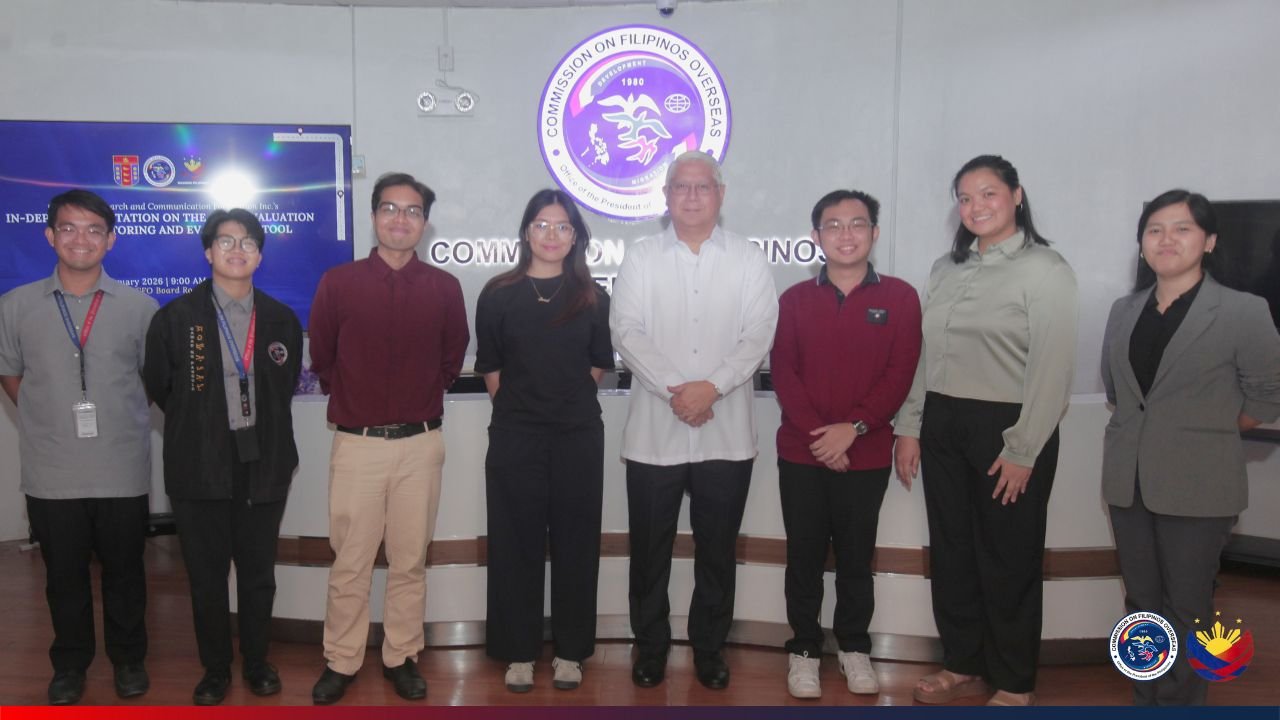National Grid Corporation of the Philippines (NGCP) Vice Chairman Henry Sy Jr. reassured lawmakers that the company is fully Filipino-owned and operated, addressing concerns about Chinese involvement in the management of the country’s power grid.
In an opening statement before the House Committee on Legislative Franchises, Sy clarified that the State Grid Corporation of China (SGCC) does not control the power grid or NGCP’s operations. “The State Grid Corporation of China does not exercise control over the power grid nor over NGCP,” he said.
Sy highlighted that domestic corporations Monte Oro Grid Resources Corporation and Calaca High Power Corporation each hold 30% of NGCP’s outstanding capital stock, collectively controlling 60% of the company, while SGCC holds a minority 40% share. He stressed that SGCC’s ownership is in full compliance with the Philippine Constitution.
Addressing concerns about NGCP’s partnership with SGCC, Sy explained that the shareholder agreement, which includes SGCC’s involvement, was already in place when he acquired his shares in 2010.
Sy also dismissed reports that Chinese entities could shut down the country’s power grid, emphasizing that control over the grid lies solely with NGCP’s Filipino directors and personnel. “It is NGCP alone, through its Filipino directors and personnel, and not the Chinese, which has control over the System Operations,” he stated. “There is no single red button that can instantly turn off the Grid.”
He further reassured the committee that NGCP’s Supervisory Control and Data Acquisition (SCADA) system is a secure, stand-alone system, isolated from other networks or the internet, ensuring protection from potential remote hacking.
Sy also called for greater stability in the power industry, not just in the grid, but in the supply, laws, policies, and regulations that govern it. He pointed out that 97% of power interruptions from 2016 to 2023 were caused by supply-related issues.
“We need stable, affordable baseload power,” Sy said. “We need a comprehensive, aligned plan that considers the needs of all sectors. We are willing to be part of the solution, but transmission should not be the solution to everyone’s problems.”














